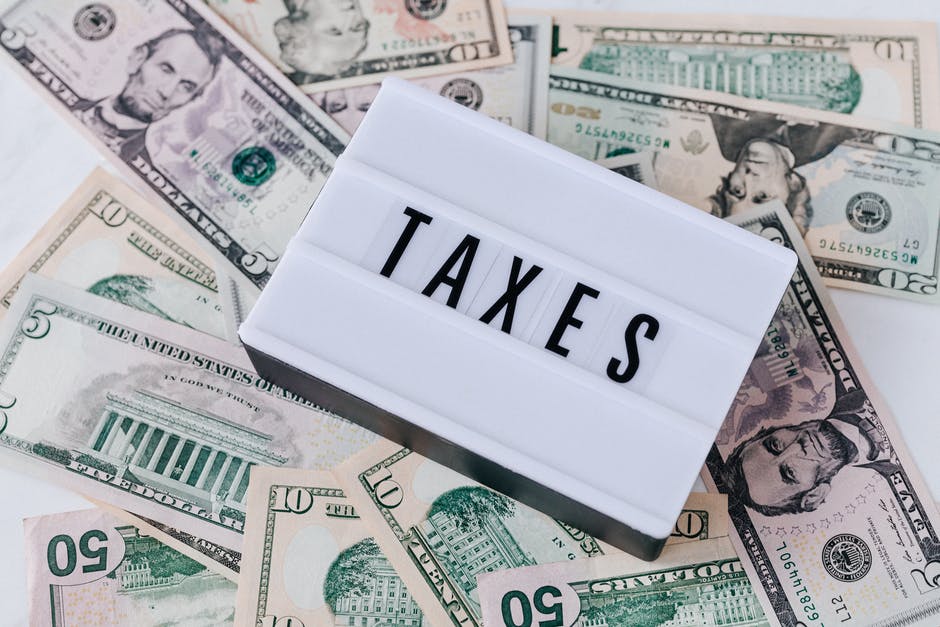Has the pandemic had any impact on taxes?
In the second quarter of 2020, the economy hit its lowest point. The pandemic had caused food and housing insecurity as well as mass layoffs. Unemployment rates skyrocketed, so much so that unemployment offices struggled to keep pace.
In all, the market has recovered well from the pandemic. It has now returned to pre-pandemic levels of stability and has continued to improve.
Yet, not all companies and individuals have regained their pre-pandemic financial situation. As the third tax season since the start of the pandemic looms, so do questions about lower taxes. Below, we’ll go over everything you need to know about COVID-19 and your tax payments.
Keep reading to learn more!
Will Stimulus Checks Impact My Taxes?
When the United States rolled out its three stimulus checks, it used a rare type of tax credit. This is a refundable tax credit.
Usually, when you receive tax credits, you get them after you file your taxes. COVID-19 created a unique situation in which people (and the economy) needed money immediately. So, the government used refundable tax credits to give people money in advance.
This led to concerns that tax credits would need to be reported as income on 2021 tax filings. In response, the IRS said it will not require tax filers to include their stimulus checks on their tax returns.
If you have leftover stimulus check money, you can use it to pay any taxes you owe. Other than that, it won’t lower taxes any further.
However, refundable tax credits have sometimes offset tax liability for low-income households. So, if you received a low-income tax credit, there’s a chance you don’t owe anything. Consult with an accountant to get a better idea of your low-income tax situation.
Business Tax Credits
A few other types of refundable tax credits have been made to businesses that have struggled throughout the pandemic.
The first tax credit, the Employee Retention Credit, was designed to help businesses keep their workers. Eligible businesses include those that have had their business suspended due to COVID-19 orders from the government. Otherwise, the business must prove it lost a substantial amount of revenue when compared to 2019.
Other tax credits available to businesses include those for employees who must care for a loved one with COVID-19. If a person needs to recover from vaccination, their employer can file for a tax credit. Likewise, if an employee must care for a child due to a daycare closing for COVID-19 related reasons, the employer can get a tax credit to pay their wages.
Finally, employers can claim tax credits against taxes paid on employee wages. They can start making fewer deposits in anticipation of the tax credits, per the IRS’s website. This contributes to lower tax payments for the business.
Are You in Need of Lower Taxes?
Although tax credits have helped America recover, they haven’t been enough for everyone.
In fact, millions are still unemployed. The people who were in lower-paying industries got hit the hardest. There are still 5 million fewer jobs on the market than there were in February 2020. Many of these jobs are in lower-income fields. As such, low-income households have struggled harder than most.
Do you need further tax relief? Contact us today for help!





